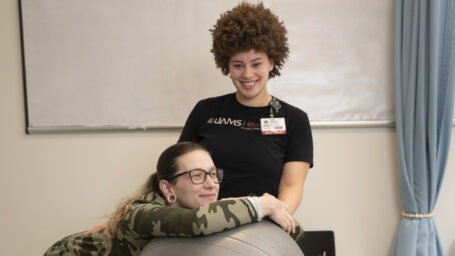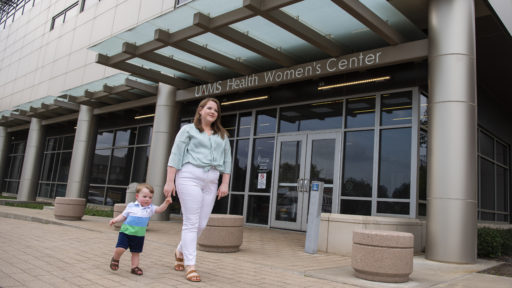Women’s health physical therapy is a specialized branch of physical therapy that focuses on addressing the unique health needs and conditions specific to women throughout different stages of life. It encompasses a wide range of treatments aimed at improving musculoskeletal health, pelvic floor function, and overall well-being, particularly in areas that may be affected by pregnancy, childbirth, menopause, or hormonal changes.
Common areas of focus in women’s health physical therapy include:
- Pelvic Floor Therapy: Treatment for conditions like pelvic pain, urinary incontinence, prolapse, and bowel dysfunction by strengthening or relaxing the pelvic floor muscles.
- Pregnancy and Postpartum Care: Helping women manage pregnancy-related pain (such as lower back or pelvic pain), improve core strength, and recover post-delivery through tailored exercises and therapies.
- Menopause-Related Care: Addressing musculoskeletal changes, bone density issues, and joint pain that may arise during menopause.
- Orthopedic Care: Managing conditions such as osteoporosis, arthritis, and general musculoskeletal pain that might be more prevalent in women.
- Post-Surgical Rehabilitation: Recovery from surgeries like hysterectomies, mastectomies, or other gynecological procedures through exercises and techniques designed to restore strength and mobility.
Women’s health physical therapy aims to improve quality of life, reduce pain, and restore physical function in a supportive, specialized environment.


